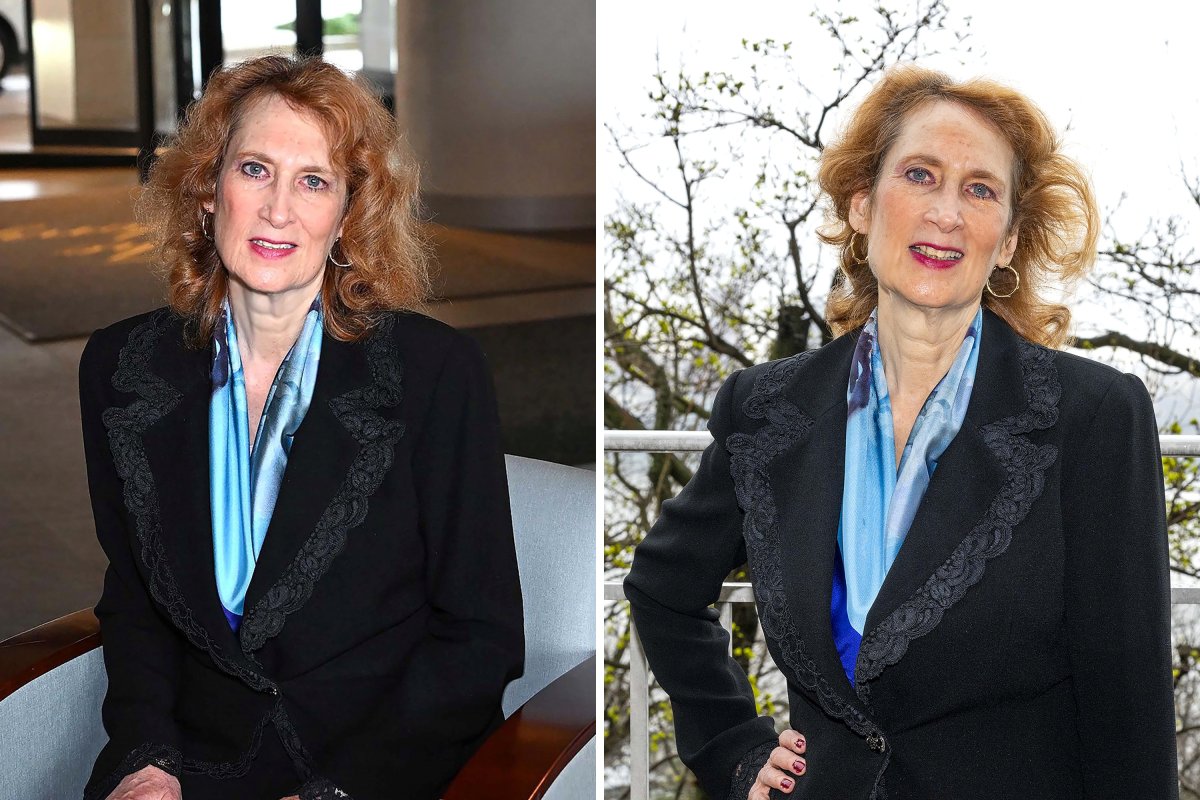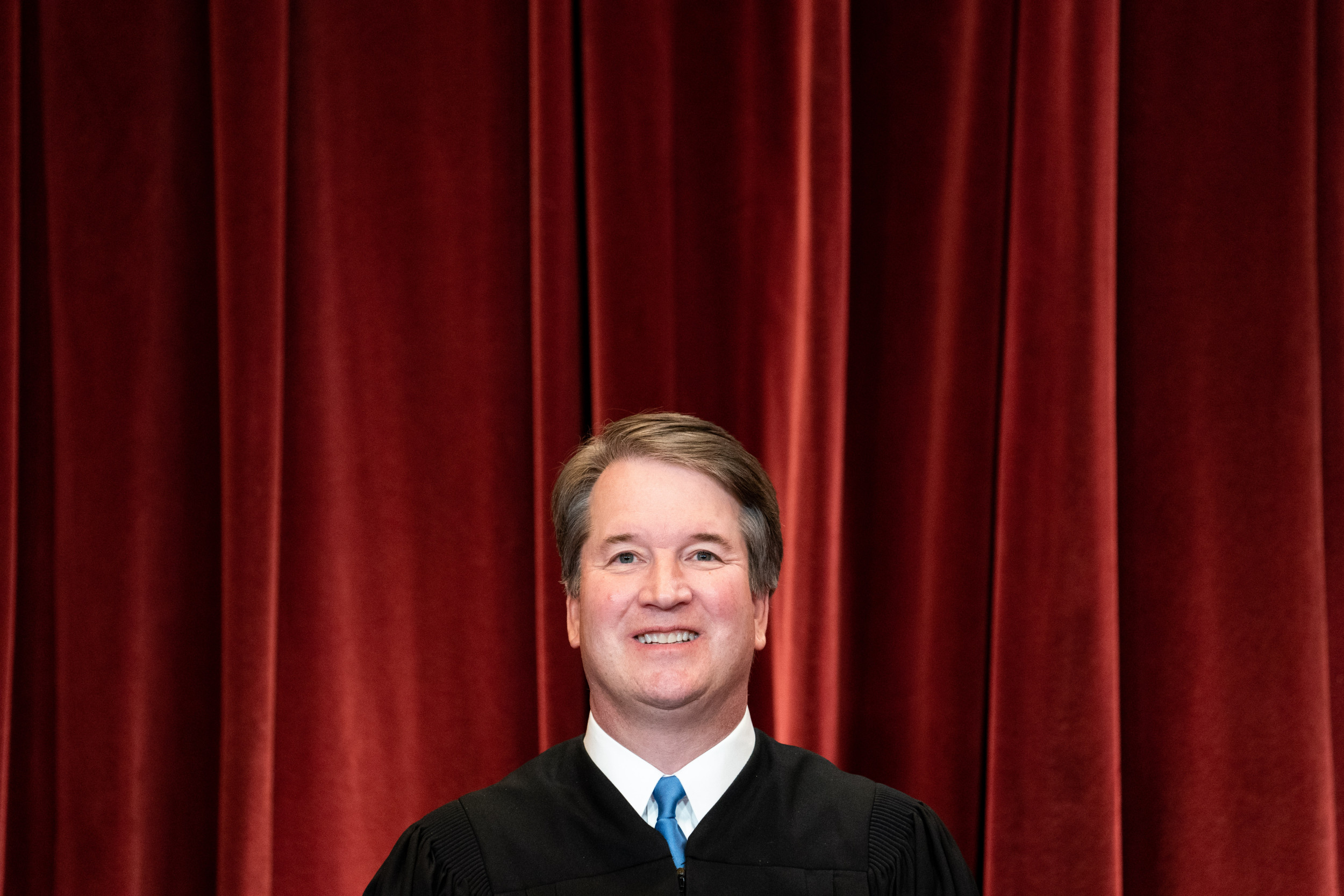"You dirty Jew!" Those were the last words my paternal great-grandfather would hear as he was shoved down an elevator shaft at Henington Hall on the Lower Eastside of Manhattan in the early 1900s, as told by my family.
My great-grandfather, Yehoshua Henig, and his relatives, had built Henington Hall as a catering facility and community center to serve the needs of Jewish immigrants who had settled in lower Manhattan at the turn of the century. I was told that one day, an employee who'd had too much to drink, began a quarrel with my great-grandfather, a devoutly religious man known for his soft demeanor.
A crowd of onlookers gathered, consisting of other employees and visitors at this large community space—they witnessed my great-grandfather plummet to this death. There was neither a prosecution nor an arrest. Emblematic of those times, murderers of Jews were rarely brought to justice, even in a country that prided itself on treating all citizens equitably under the laws.
I heard this story as a child and was deeply grieved. However, what bothered me more was that my father had told the story to me in such a matter-of-fact way, remarkably devoid of much outrage over this horrific injustice.
I'm afraid his emotions, or lack thereof, were telling. In those times, sadly, such incidents were quietly accepted, since Jews did not have a unified voice or the forcefulness of strong community mobilization. That has thankfully changed. Nonetheless, following October 7, there are ominous signs of a setback to the days of yesteryear for Jews in America and around the world.
Post-Holocaust novelist Meryl Ain, author of Shadows We Carry, The Takeaway Men and podcast host of People of the Book would write on the Aish.com website one week after the October 7 massacre of over 1,200 Israelis in southern Israel and the taking of 239 hostages, that "the hashtag #NeverAgainIsNow" is undoubtedly "growing in popularity."
However, the novelist warned that #NeverAgainIsNow, derived from "Never Again"—the mantra employed by politicians, activists, writers, and Holocaust survivors to declare the Jews shall never be victims again—may fade easily into the woodwork as Israel mounted its counter-offensive against Hamas.

She questioned whether "the brutality and carnage of Hamas [...] revealed in bloodied bodies, decimated homes, empty cribs, and broken toys haphazardly scattered in the once-idyllic kibbutz settings [would] make a difference" as Israel exercised its right to defend itself from such a redoubtable enemy?
Ain's grim outlook struck at the heart of the matter. She was referring to the frequent condemnation of Jews when they fight back against brutal attacks. What she was adumbrating, perhaps with an uncanny measure of prescience, was that Israel—and Jews throughout the diaspora—would soon engender harsh disapprobation from the world as they reacted to the unspeakable atrocities of October 7.
Haunted by the murder of my great-grandfather so many years ago and by the venomous attacks on Jewish university students in the wake of October 7, I mounted a "marathon race" against antisemitism.
Pushing aside my other projects, I sat down and wrote opinion pieces on the aftermath of the Israel-Hamas war, and my marathon race did not stop here, though I must confess that I developed a stubborn ophthalmological condition of "meibomitis"—commonly known as "dry eye syndrome"—as a result of too much screen exposure, albeit inevitable considering the pace at which I was working.
Equipped with vials of artificial tears and warm compresses, I immediately got back into the race. Recently, I returned from the Midwest where I participated in a speaker's program titled "Combatting Antisemitism in Medicine." The program was sponsored by the AJMA (The American Jewish Medical Association), a newly formed organization in the wake of October 7.
One would naturally ask, why is there a need for a specifically "Jewish" medical association when so many of the leading clinicians and researchers in this country are Jewish doctors and so many of the hospitals have been founded by Jewish associations?
The answer, I'm afraid, is both stark and bleak. The organization's founder, New York plastic surgeon Yael Halaas, in responding to a formidable uptick in anti-Semitic incidents against Jewish medical students, residents, practitioners, and patients after October 7 courageously gathered her colleagues from across the United States and quickly formed a non-political organization comprised of clinicians, fellows, residents, medical students and Jewish allied healthcare professionals.
The goal of the organization is to "uphold the Hippocratic Oath by preventing antisemitism from making medical workplaces unsafe for Jewish doctors or jeopardizing medical care for patients of all faiths."
I have hope that this newly founded organization will make a difference, and that is why I've made it one of my crucial signposts in my marathon race against antisemitism.
I had reached out to Chicago Alderwoman Debra Silverstein, 50th Ward, and suggested her as a keynote speaker at this pivotal event on the reemergence of antisemitism in medicine.
I had read of Silverstein's Sisyphean battle against the Chicago City Council resolution that demanded an immediate ceasefire in Gaza and wanted the audience to learn the personal details of what that struggle entailed albeit painful to hear.
What the alderwoman described as the excoriating chants by her non-Jewish colleagues on the floor of the city council which were intended to intimidate, pressure, and vilify her as a lawmaker, unfortunately, are not specific to Chicago.
When I returned to New Jersey, I would see on the front page of The Jewish Link a chilling article about the vitriol launched against the Jewish council members on the floor of the city council in Englewood, New Jersey. The similarities were uncannily reminiscent of a sweep of antisemitism across the country.
These are difficult times indeed. Jews in public office are now afraid for their personal safety. The same is true for university students. The situation is grave. As a Jew, I made a promise to myself that I would never allow my heart to become hardened nor my mind to be so singularly focused on the suffering of my own people that I push aside the pain of others.
I am grieved by the injuries and deaths of innocent men, women, and children in the past six months, and by the deaths of dedicated humanitarian aid workers caught in the clamp of battle.
By making a point to be cognizant of the suffering on both sides—and to pray for peace rather than exult in the defeat of the enemy—I prevent myself from burning out too soon, for it is human compassion that sustains me in this long-distance race.
Undoubtedly, this marathon race I've embarked on is far from finished. My sleeves are rolled up. As I engage in writing, public speaking, and educating federal and state legislators about the dangers of complacency, I welcome any and all partners in such efforts so that we can collectively reach the finish line.
I'm afraid time is ticking, as we must do this before the perils of antisemitism completely erode our major institutions in society, from healthcare to education to social services.
Given that these institutions are the bedrock of society, we must engage a rich talent pool of individuals to join the race against antisemitism. To do anything less, would be a disservice to those who perished on October 7 and to humanity writ large.
Amy Neustein, Ph.D. is a sociologist who has authored/edited 16 academic books with leading publishing houses. She edits three science and technology book series for de Gruyter and Springer, respectively. Her books have been cited in the New York Times, Newsweek, and in the Chronicle of Higher Education, and reviewed in the New York Law Journal, Contemporary Sociology, Tablet Magazine, and other venues. She was profiled in a lengthy feature story appearing in the April issue of Jewish Life. She resides in Fort Lee, NJ.
All views expressed in this article are the author's own.
Do you have a unique experience or personal story to share? See our Reader Submissions Guide and then email the My Turn team at myturn@newsweek.com.
Uncommon Knowledge
Newsweek is committed to challenging conventional wisdom and finding connections in the search for common ground.
Newsweek is committed to challenging conventional wisdom and finding connections in the search for common ground.
About the writer
Amy Neustein, Ph.D. is a sociologist who has authored/edited 16 academic books with leading publishing houses. She edits three science ... Read more
To read how Newsweek uses AI as a newsroom tool, Click here.








